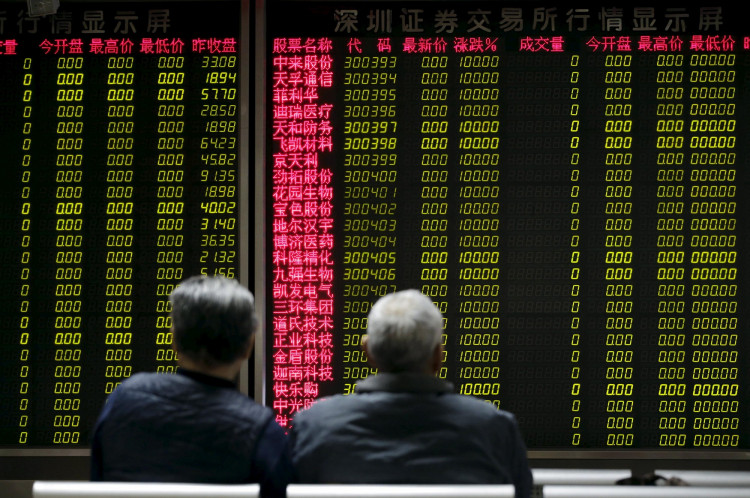China has implemented the latest round of changes to its ChiNext board of the Shenzhen Stock Exchange as part of its continued efforts to reform its capital markets. The latest change, which was implemented on Monday, is the launch of a new registration-based initial public offering (IPO) mechanism that is aimed at enhancing the IPO process for companies interested in listing their stocks.
The Shenzhen Stock Exchange has been placed in charge of the revision to the ChiNext board. The registration-based IPO system that is being applied to the Shenzhen board is similar to the mechanism used on Shanghai's tech innovation board, or Star Market. The decision to implement the same reform to the Shenzhen board was made during the 13th meeting of the Central Commission for Comprehensively Deepening Reform back in April.
According to its proponents, the new IPO system is meant to greatly improve capital market functions and systems and is a crucial part of the country's deepening capital market reforms. Starting this week, the Shenzhen Stock Exchange will be accepting refinancing, IPO, and restructuring applications. The China Securities Regulatory Commission (CSRC) has announced that it has released a set of supporting regulations to coincide with the implementation of the new registration-based system.
Unlike the traditional approval-based system, the registration-based IPO mechanism is much more market-oriented. The system is also significantly more efficient in the way that it vets applications, as traditional approvals can often take months or even years to be completed.
Its implementation on the ChiNext board did come with some challenges as the changes had to take into account secondary offerings and acquisition and mergers involving more than 800 listed companies. Its application on the Star Market was more straight forward as the rules had applied to all listed companies from the get-go.
Market experts had pointed out that the implementation of the new system does come at a very opportune time as the country's economy still faces the lingering effects of the coronavirus pandemic. The system is expected to attract more quality tech listing on the board, which in turn will allow the country's capital market to serve the real economy. With its implementation, officials are hoping that the new policies will help support China's further economic restructuring.
Officials and regulators are currently reviewing the possible application of the registration-based IPO mechanism on the A-share market's main board. So far, the market has had a mixed response to the proposition. Some of the listed companies on China's equities markets have warned that the country should implement such changes prudently to avoid any issues.





